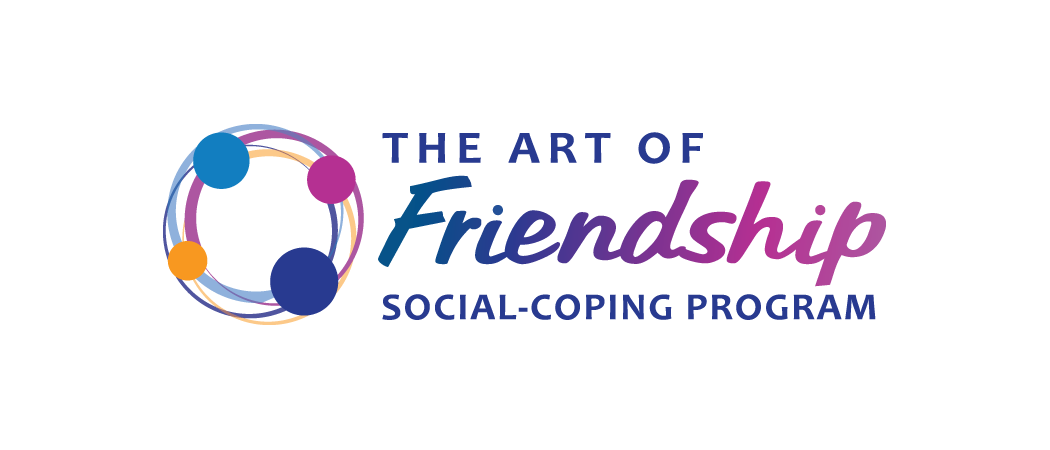
The Social Emotional Guidebook: Motivate Children with Social Challenges to Master Social-Coping Skills
By Michael Fogel, MA, ATR-BC, LPC
Brimming with clinical wisdom gathered over two decades, this Guidebook unveils a framework for compassionate social and coping skill training for caregivers, educators, and therapists. The strategies you encounter here can benefit any child, but they were originally created to support children with ADHD, mild Autism, learning differences, and related self-regulation challenges. You'll discover positive responses and language-scripts that celebrate successes and problem-solve social miscues and emotional overreactions. You'll develop nuanced interventions that resolve each level of frustration and decrease unnecessary meltdowns and shutdowns. The objective is to become skilled at increasing motivation, cooperation, and collaboration while decreasing conflict, defiance, and refusal behaviors in your child. This Guidebook neatly integrates with and enhances any social skills or S.E.L. (Social Emotional Learning) curriculum. Discover how Mike Fogel's culture of positivity puts you in the driver's seat of the training process while your child blossoms with self-determination and self-responsibility.
As the director of the Art of Friendship Social-Coping Program since 2000, Mike revolutionized social and emotional coping skills training for children and adolescents using visual communication. Mike preaches that the most powerful social training program requires caregivers at home and school to take an active role in helping the child implement the skills. That's weighty responsibility for caregivers and professionals, but unless you have training in behaviorism and social skill development, it's hard to know how to do it. When do you push and when do you back off? What's the difference between a social miscue and misbehavior? How do you help without destroying your child's self-esteem or your relationship? This book answers those questions and more with compassion and optimism.



